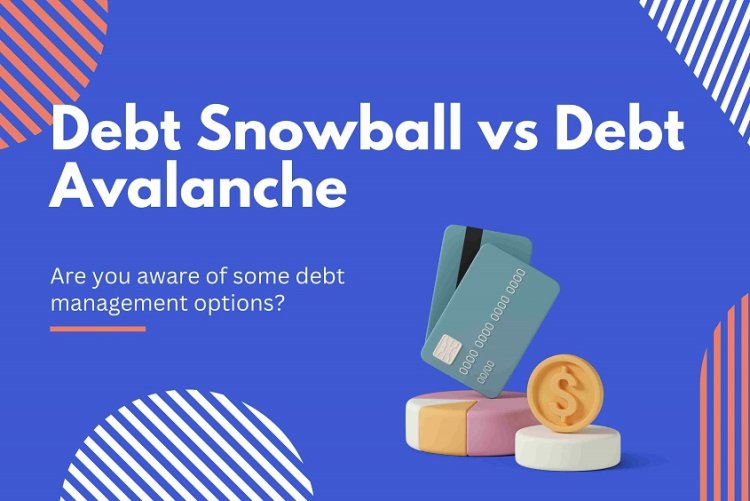Debt Snowball vs. Avalanche: Choosing the Right Strategy to Pay Off Your Debts Financial Planning for Freelancers

For freelancers, managing finances can be both rewarding and challenging. While the flexibility and autonomy of freelancing offer opportunities for financial growth, it also comes with the responsibility of navigating irregular income and managing debt effectively. In this blog, we'll explore two popular debt payoff strategies, the Debt Snowball and the Debt Avalanche, and discuss financial planning tips tailored to freelancers to achieve financial stability and debt freedom.
Debt Snowball vs. Debt Avalanche
- Debt Snowball:
The Debt Snowball method involves paying off debts in order of smallest to largest balance, regardless of interest rates. This approach focuses on building momentum and motivation by quickly eliminating smaller debts, leading to a sense of accomplishment and progress. Freelancers may find the Debt Snowball method appealing for its psychological benefits and the satisfaction of clearing debts one by one.
- Debt Avalanche:
Contrary to the Debt Snowball, the Debt Avalanche method prioritizes debts based on interest rates, starting with the highest-interest debt and working down to the lowest. By targeting high-interest debts first, the Debt Avalanche minimizes overall interest costs and allows for faster debt repayment over time. Freelancers who prioritize saving money on interest and achieving long-term financial goals may prefer the Debt Avalanche strategy.
Financial Planning Tips for Freelancers
- Budgeting and Cash Flow Management:
For freelancers with fluctuating income, budgeting is essential for managing expenses and maintaining financial stability. Create a detailed budget that accounts for both fixed and variable expenses, and allocate a portion of income towards debt repayment each month. Consider using budgeting apps or spreadsheets to track income and expenses effectively.
- Emergency Fund:
Building an emergency fund is crucial for freelancers to prepare for unexpected expenses or income fluctuations. Aim to save enough to cover at least three to six months' worth of living expenses in a high-yield savings account or other liquid assets. Having an emergency fund provides peace of mind and protects against financial setbacks.
- Diversifying Income Streams:
Freelancers can mitigate income variability by diversifying their sources of income. Explore opportunities to expand your skillset, offer additional services, or pursue passive income streams such as affiliate marketing or online courses. Diversifying income streams can help stabilize cash flow and provide a buffer against income fluctuations.
- Negotiating Rates and Payment Terms:
When working with clients, freelancers should negotiate fair rates and favorable payment terms to ensure timely and consistent income. Clearly define payment terms in contracts, including due dates, late fees, and payment methods. Additionally, periodically reassess rates and adjust them as needed to reflect your expertise and market demand.
- Tax Planning and Retirement Savings:
Freelancers are responsible for managing their taxes and planning for retirement without employer-sponsored benefits. Consult with a tax professional to understand your tax obligations, deductions, and strategies for minimizing tax liabilities. Consider contributing to retirement accounts such as a Solo 401(k) or SEP IRA to save for the future and reduce taxable income.
Conclusion
Managing debt and achieving financial stability as a freelancer requires careful planning, discipline, and the right strategies. Whether you choose the Debt Snowball or Debt Avalanche method, prioritizing debt repayment and practicing sound financial habits can lead to long-term success. By implementing budgeting techniques, building an emergency fund, diversifying income streams, and planning for taxes and retirement, freelancers can navigate financial challenges with confidence and achieve their financial goals.
What's Your Reaction?


















